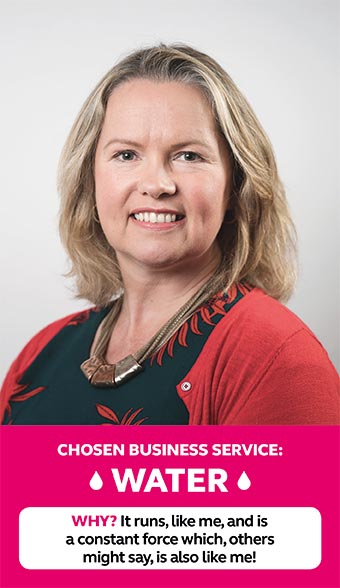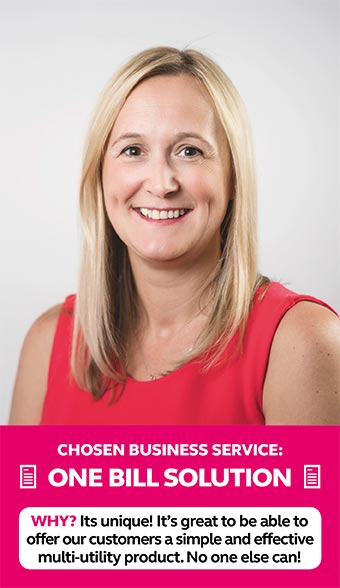Queen Elizabeth II recently delivered her traditional speech at the 65th state opening of Parliament. This 21-Bill government agenda included a Digital Economy Bill which could prove extremely advantageous to the UK’s small to medium-sized enterprises (SMEs). Verastar reports.
Digital Economy Bill
Start-ups writes that the Queen outlined the purpose of the Digital Economy Bill in her speech. She said that it will strive to ensure that the UK “remains at the forefront of the global 21st century economy.” The Boston Consulting Group (BCG) forecasts that in 2016 the digital economy will contribute 12.4% to the UK Gross Domestic Product (GDP), as opposed a G-20 average of 5.3% of GDP.
The Digital Economy Bill will supply every UK business premises and household with the legal right to a fast broadband connection. The government has promised to introduce a Universal Service Obligation (USO) of 10Mbps by 2020. The Bill will also establish regulation which aids telecoms companies in constructing more effective broadband infrastructure. Under the Bill, consumers will be able to receive compensation automatically if they experience problems with service.
Supporting UK SMEs
Discussing the Digital Economy Bill, Cisco UKI Chief Technology Officer Alison Vincent said: “The Digital Economy Bill and the resulting measures announced by the Queen today are a clear reflection of Britain’s commitment to a digital future and emphasise a continued drive towards establishing the UK as a digital world leader.
“By laying the foundations and establishing broadband as an essential pillar to the future of the UK economy, businesses will be able to drive innovation and build a framework that will improve productivity, fuel collaboration, capitalise of business opportunity and accelerate the UK digital economy.”
Harnessing new opportunities
According to the BCG’s report, the digital economy’s share of UK GDP continues to grow year-on-year. This indicates that the UK’s digital economy provides a raft of new opportunities, such as e-commerce, that SMEs can harness to generate new revenue opportunities. Research from Ofcom illustrates that 20% of British small businesses are dissatisfied with their broadband connection, suggesting that they do not have the infrastructure necessary to operate effectively online.
The Digital Economy Bill addresses this issue, ensuring that UK SMEs can access the effective broadband infrastructure to harness the full power of Britain’s digital economy. Small businesses may wish to choose a specialist commercial broadband provider, to ensure they can fully capitalise on the provisions contained in the Digital Economy Bill. kinex, a brand operated by Verastar, provides the first-rate business broadband SMEs need to tap into the UK’s increasingly lucrative digital economy.
Verastar
Verastar is a leading provider of essential business services to micro SMEs, operating under the following brands: kinex, Clear Business Water, Titan Telecom, Marble Telecom, Economy Gas and 118777 Limited. Our business model is focused on providing a spectrum of consolidated services that disrupt traditional markets and create great savings, efficiencies and value for our customers.
















